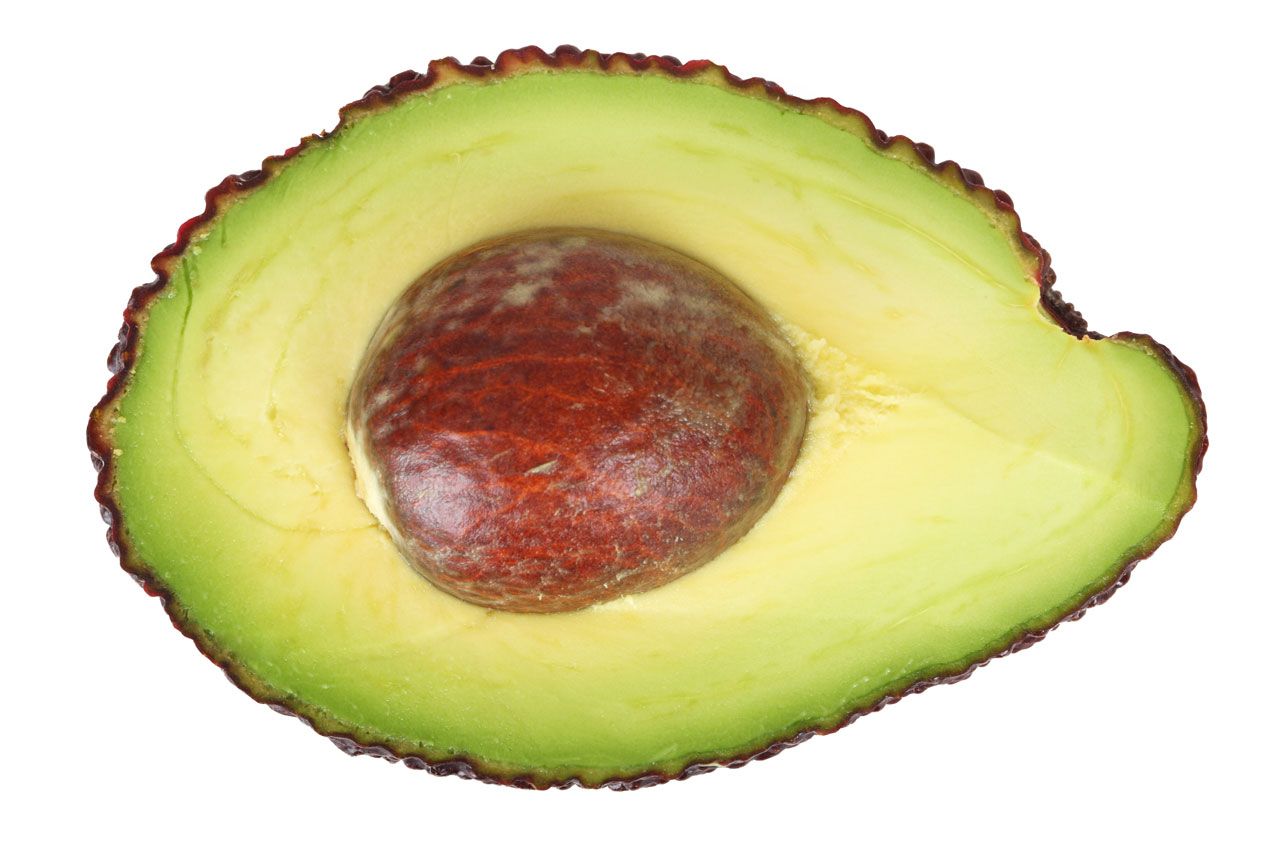
Avocado Free Stock Photo Public Domain Pictures
The inside of an avocado is a busy place, where nutrients, water and sugars are ferried around. Normally their "transport channels" are invisible to us. Unless, of course, something goes wrong. In the case pictured above, the avocado's internal thoroughfares (known as "vascular tissue") may have been ravaged by too-cold storage for.

Avocado Just Katogo
Brown area inside avocado. What you see: A brown area just under the skin inside your avocado. What it is: The avocado could have been dropped or otherwise bumped; and/or it could be infected. This is probably a bruise, but it could also be hosting some microbial growth. Eat or toss: Cut out the brown area and eat the rest!
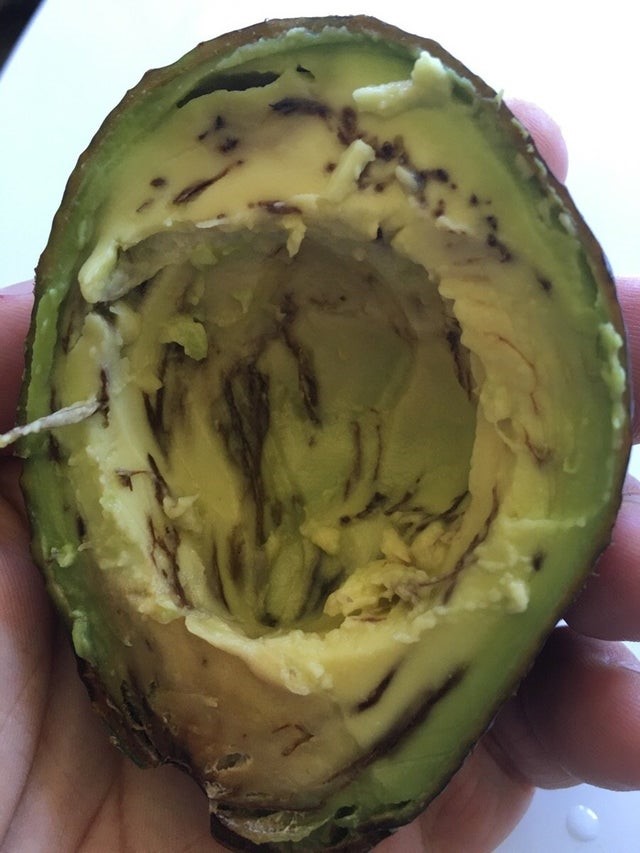
How To Tell If Avocado Is Bad Captions Lovely
Another tell-tale sign that your avocado has gone bad is mold. Per Healthline, mold can develop on either the inside or the outside of this fruit. On the outside, it is easy to see and will appear.

Orange and Avocado Butter Lettuce Salad Inside Karen's Kitchen
This is where the bitter tannins that cause the red color comes from, so cut your avocado in half carefully. When mashing avocado to use in guacamole or dips, mix through a little lime juice, lemon juice, or vinegar to prevent it from turning brown. If slicing or cubing it, gently toss the pieces through a little lemon juice.

Two slices of avocado and one black avocado
Updated April 10, 2018. By Eric Moll. Avocado pits contain a milky, bitter liquid, which turns red upon contact with oxygen in the air. The reason is the high concentration of tannin in avocados. Only the avocado pit will turn red, and usually only after its surface has been broken or it has become very overripe or decayed.

Avocado Rocklands Farm
2. Feel the avocado and examine the skin. The firmness and color of an avocado are big indicators of its ripeness. Hold the avocado in your hand and apply gentle pressure. A ripe avocado will yield slightly with light force. If slight pressure leaves an indent in the avocado, it is a sign it has gone bad.
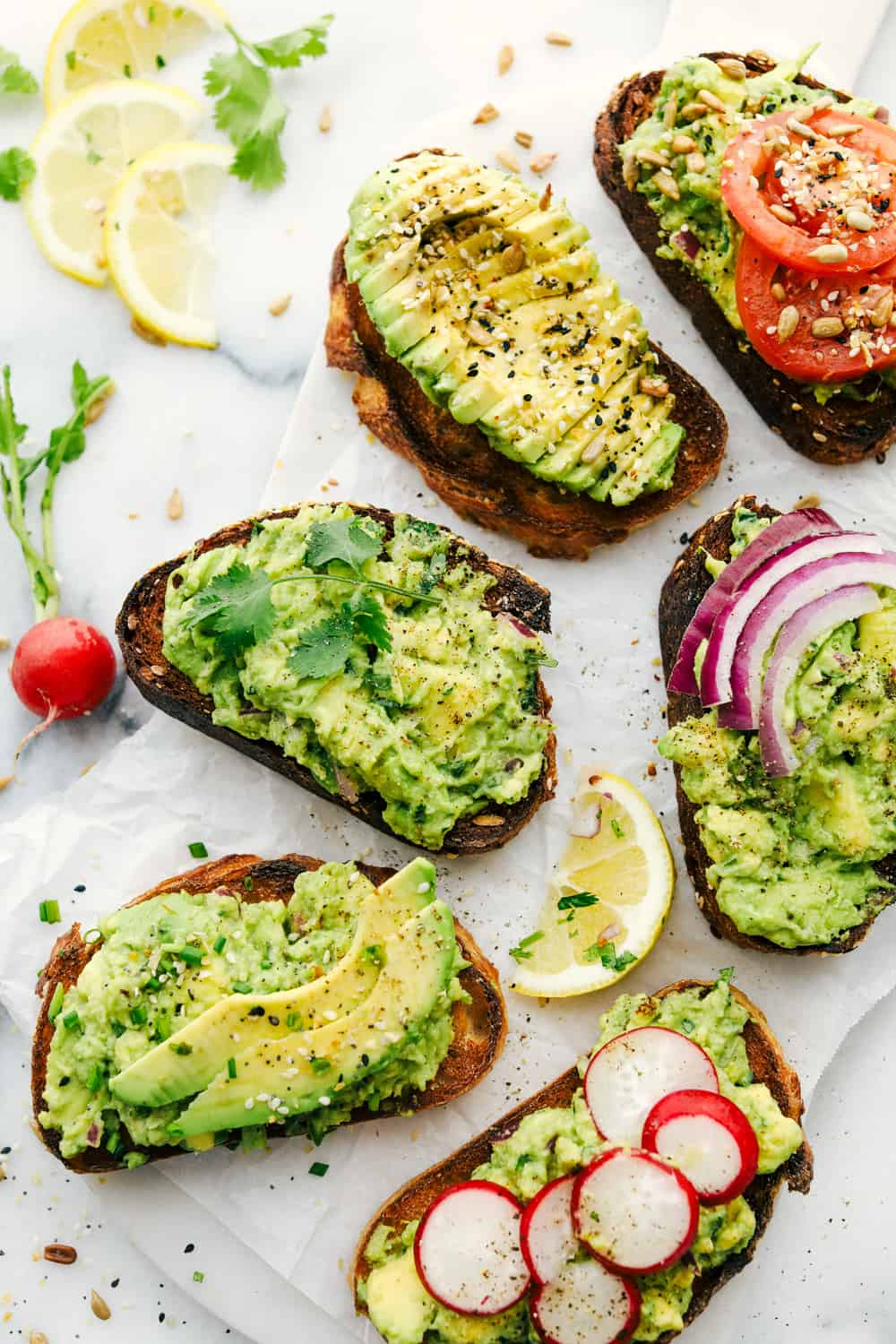
Easy 5 minute Avocado Toast
If the inside of your avocado is red, tannins coming from the pit are likely the cause. You can eat it, although it will probably be bitter. History Of The Avocado. Even though the Aztecs discovered this ancient Mexican fruit in 500 BC, the avocado has a relatively short history in America. California growers only started in 1915.
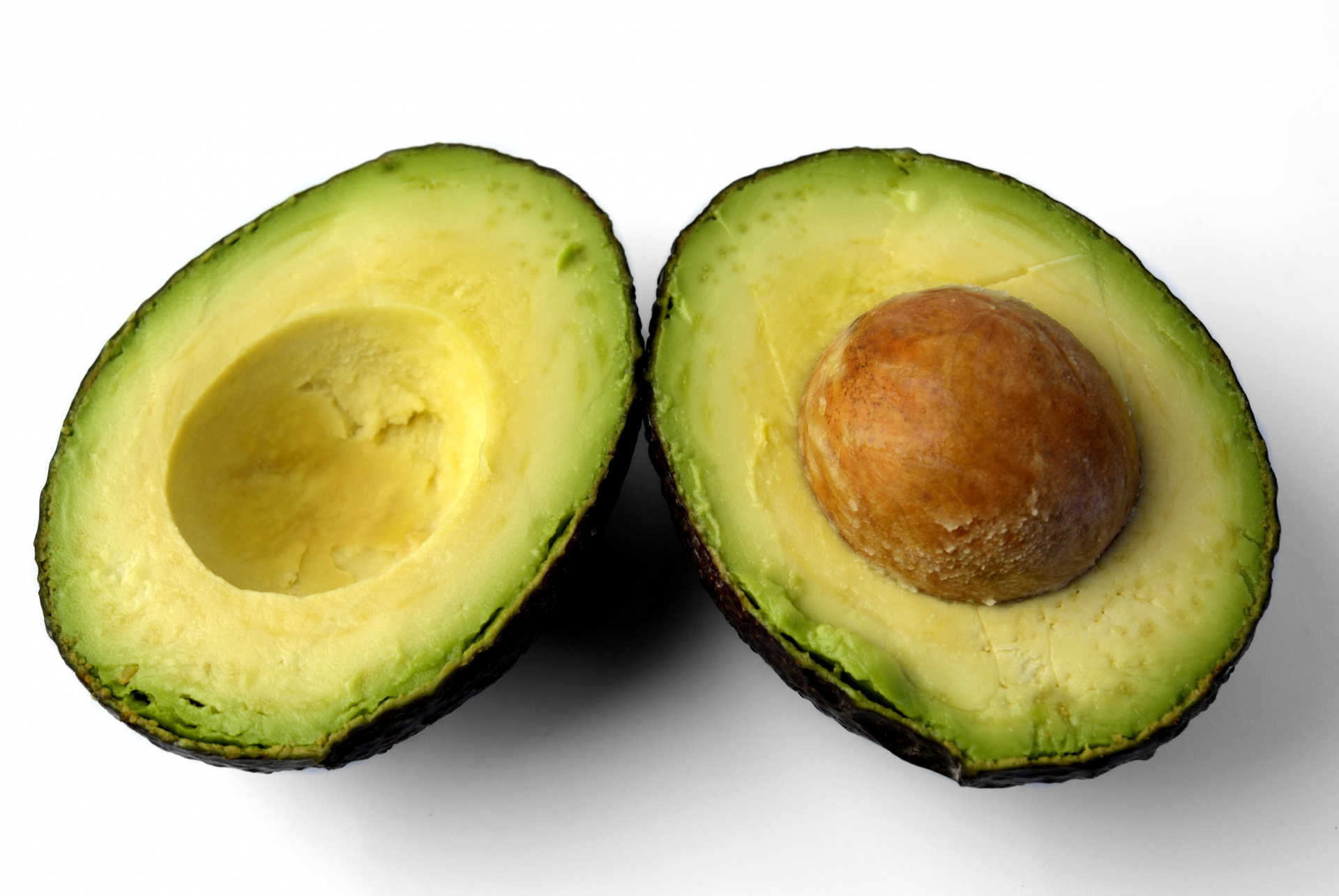
Avocado Free Stock Photo Public Domain Pictures
Reed avocados are classified as type A avocados, meaning their skin remains green even when ripe. Type B avocados like Hass become very dark, almost black, when ripe. Therefore, if you get a Reed.

fruit trees How should I prune a large indoor avocado plant
Why is my Avocado Red? Avocados are known for their rich green color, so it can be quite surprising to slice into one and find that it's red inside. There are a few reasons why this might happen, and it's important to understand what causes red avocados to ensure that you're still able to enjoy them.
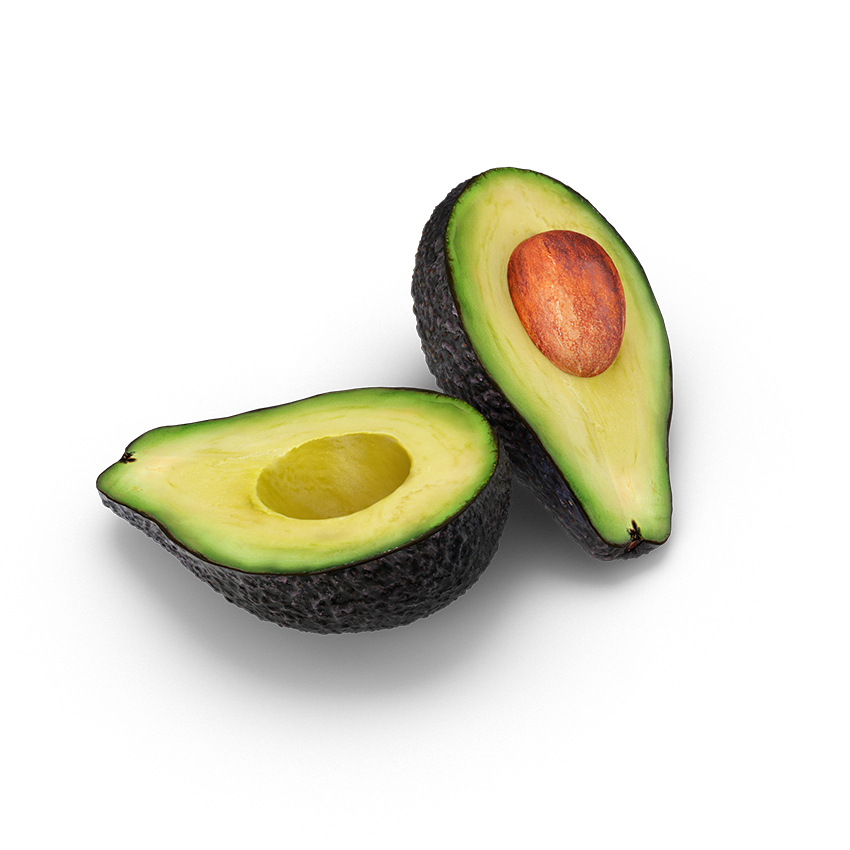
Avocado Hass Matilda Fruit Barn
Yes, it might be a little mushy. And yes, you might even be tempted to call it gross-looking. The truth is, it's actually still safe to eat. When your avocado turns brown after you cut it open or scoop it into a bowl, all that's happening is a chemical reaction: When the flesh of the fruit interacts with the oxygen in the air it produces.
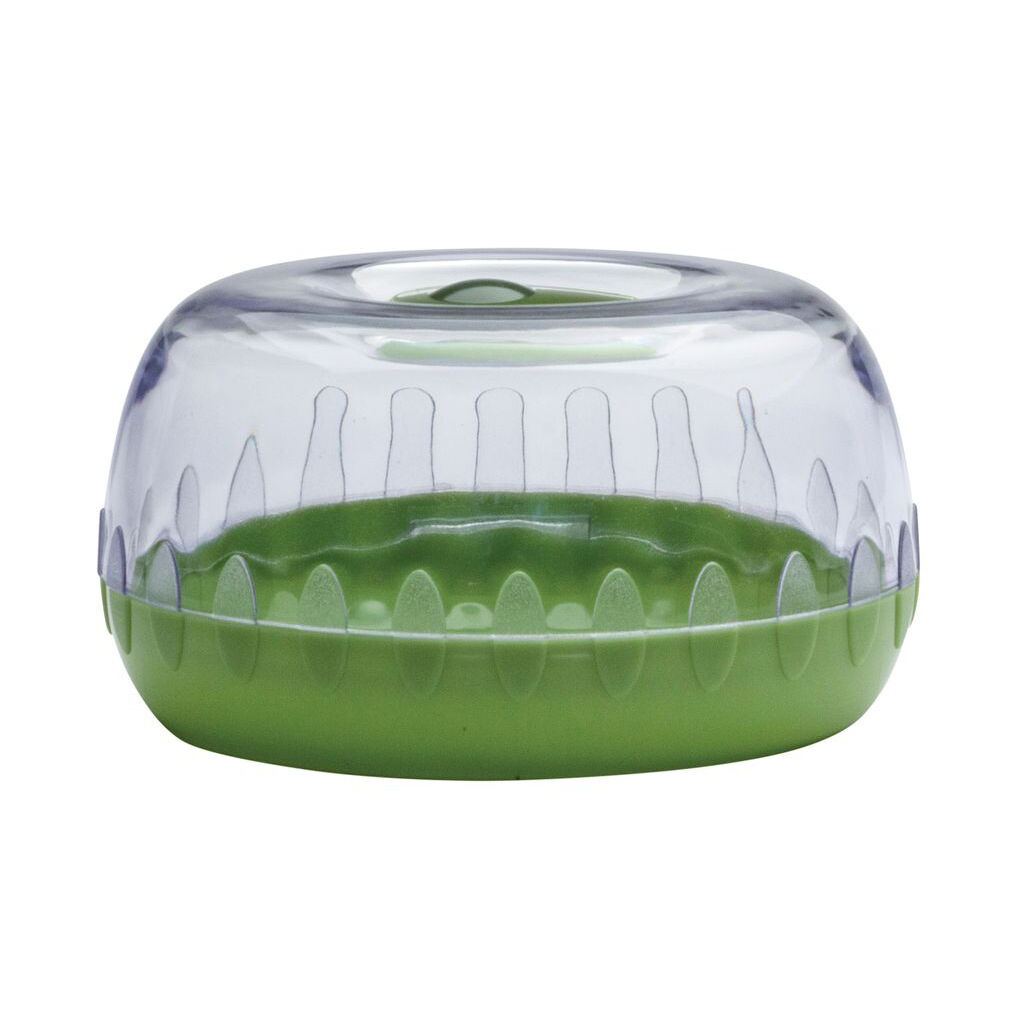
Fresh Keeper Pod Avocado Chefs Essentials
According to experts, a berry-like spot or area of red flesh inside an avocado is a result of the flesh contacting the pit or seed. This is a natural occurrence known as 'vascular browning'. This process is natural and harmless, and is unlikely to cause harm if consumed. In fact, avocados with red spots are still safe to eat as long as the.
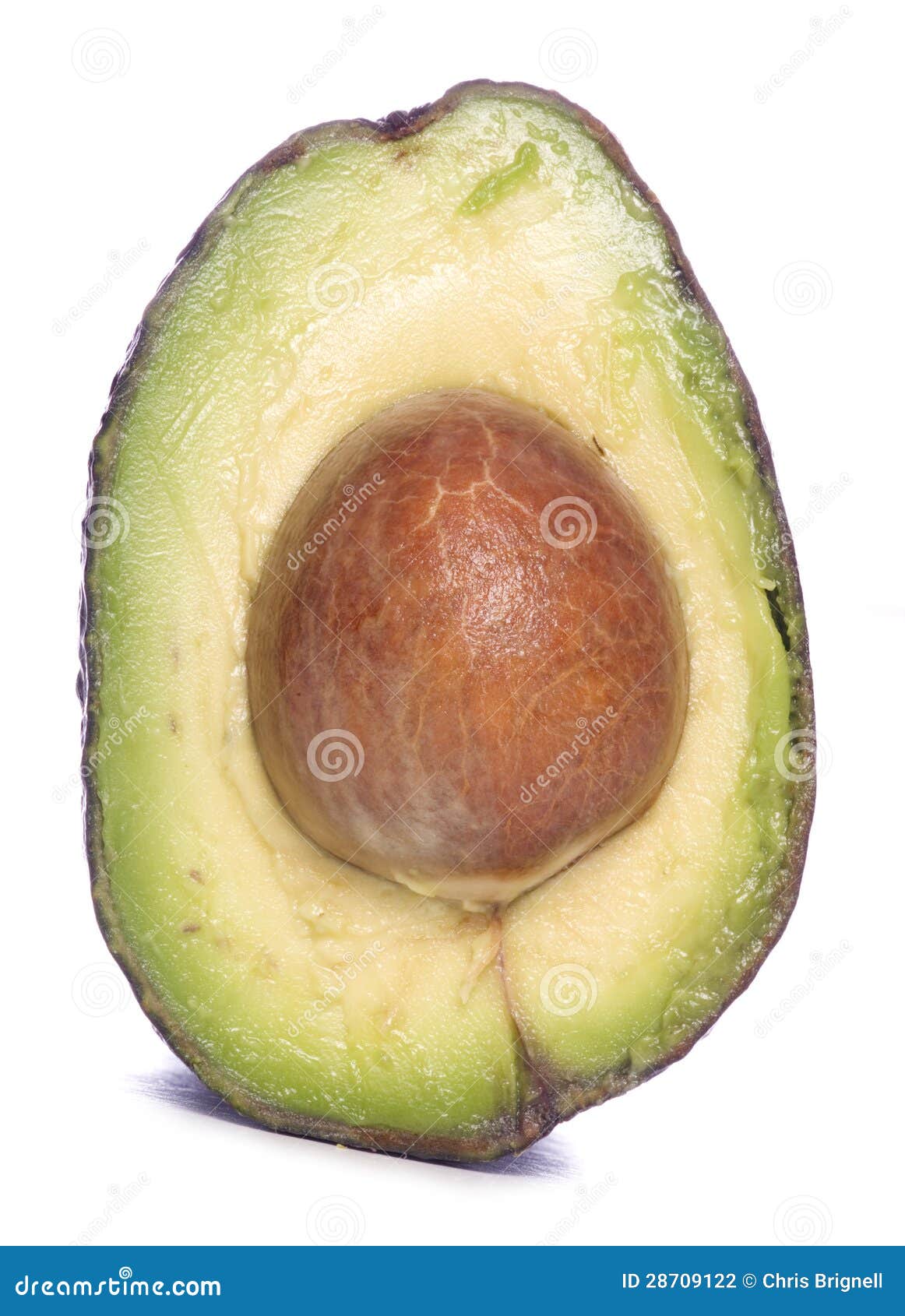
Inside Of An Avocado Stock Photography Image 28709122
Before a Hass avocado is ripe, it is firm to the touch and its skin is green. As the avocado ripens, the fruit softens and turns darker in color. A ripe Hass avocado's skin is a very dark shade of green, purple or even black. When selecting a Hass avocado, check the skin for dents and soft spots to avoid overly-blemished fruit. The Inside Scoop
Avocado Dip Monjay Mezza
Here are 5 signs that an avocado has gone bad. D3sign/Getty Images. 1. Overly soft with dented skin. When checking for ripeness, use the palm of your hand to gently squeeze the avocado. Don't.

Use This Simple Trick to Determine Whether an Avocado Is Ripe Inside
That's simple enough, but sometimes, like all of us, the avocado gets carried away and the color designated for the skin lands on the flesh of the fruit. That's why you might see some stray purple or an almost blackish residue when you pull back the peel. Logically, such color transfer is more common in very ripe or dark fruit, according to.
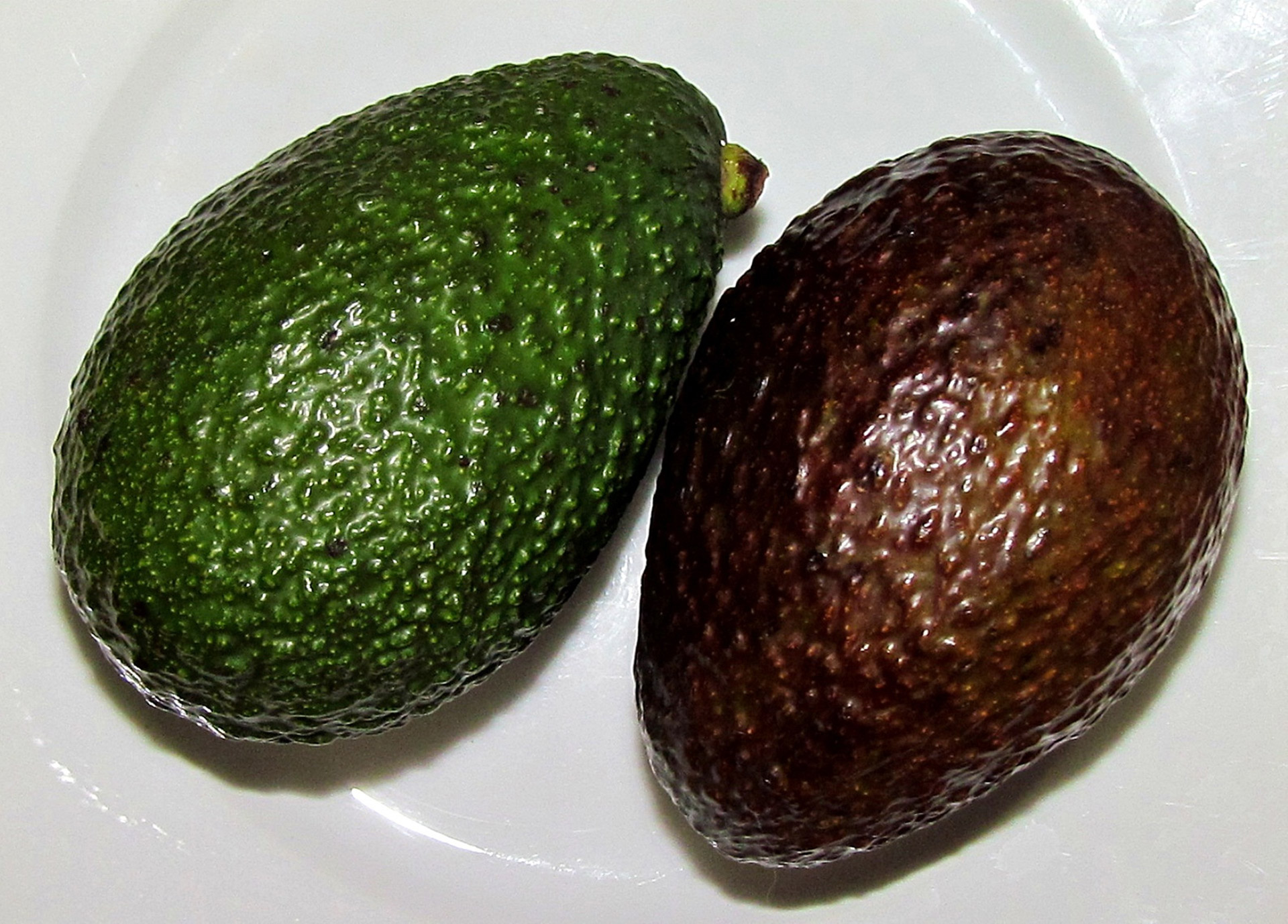
Healthy Avocado Free Stock Photo Public Domain Pictures
An avocado's signature green skin comes from chlorophyll pigments. As the fruit ripens, anthocyanin pigments like purple, red, and blue increasingly color the skin. Sometimes these darkening skin pigments can bleed onto the flesh near the peel. It's normal to see slight purple streaking or dark residue when opening a ripe avocado.
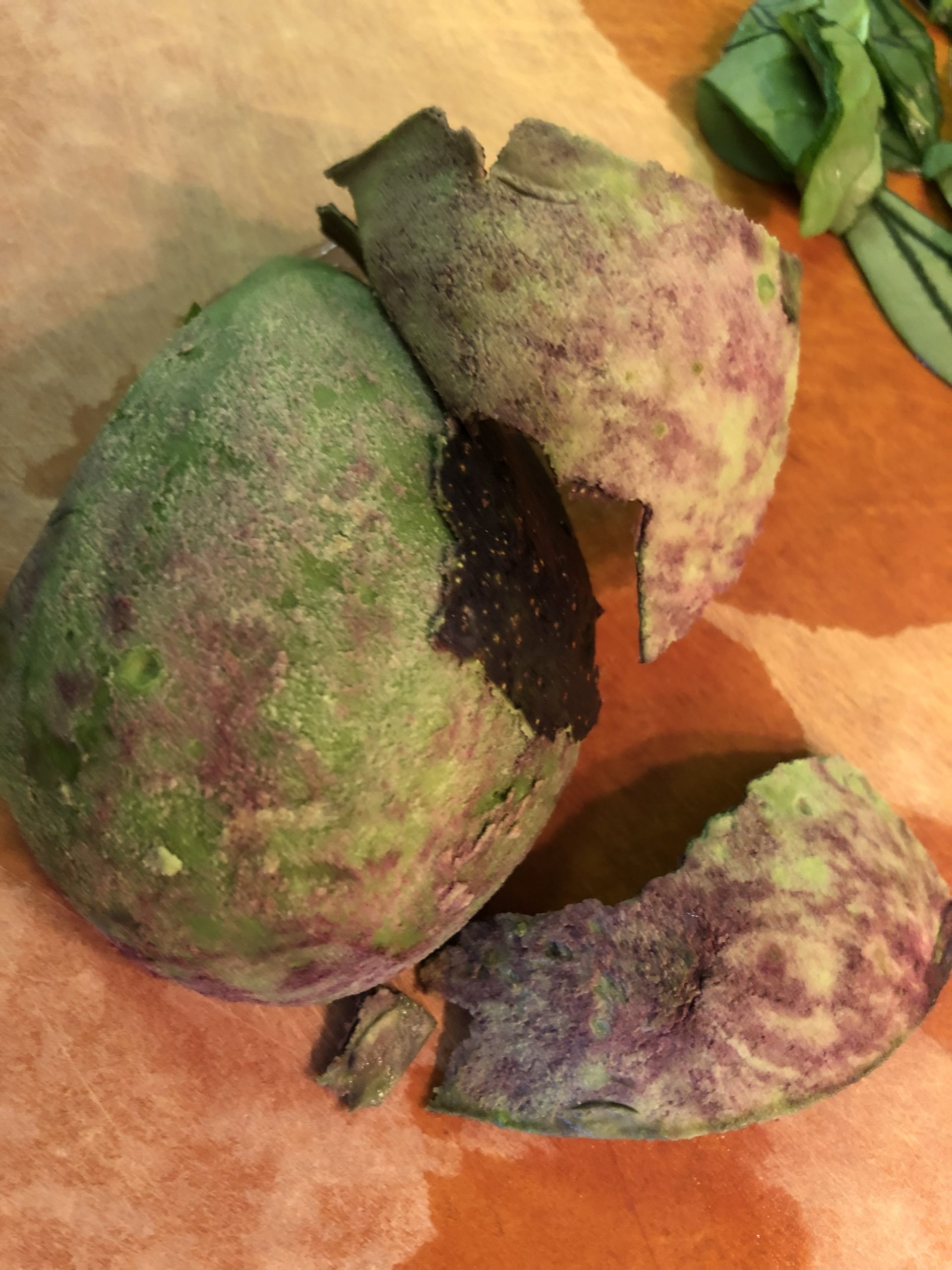
Dark, purple residue under avocado skin
A common scenario where avocados turn red outside is due to scarring due to excessive rays from the sun. Typically, there isn't enough foliage to shield the fruit from the sun leading to scarring, though the flesh remains perfectly fine. Under such circumstances, the fruit's value plummets, only being used as guacamole for local consumption.